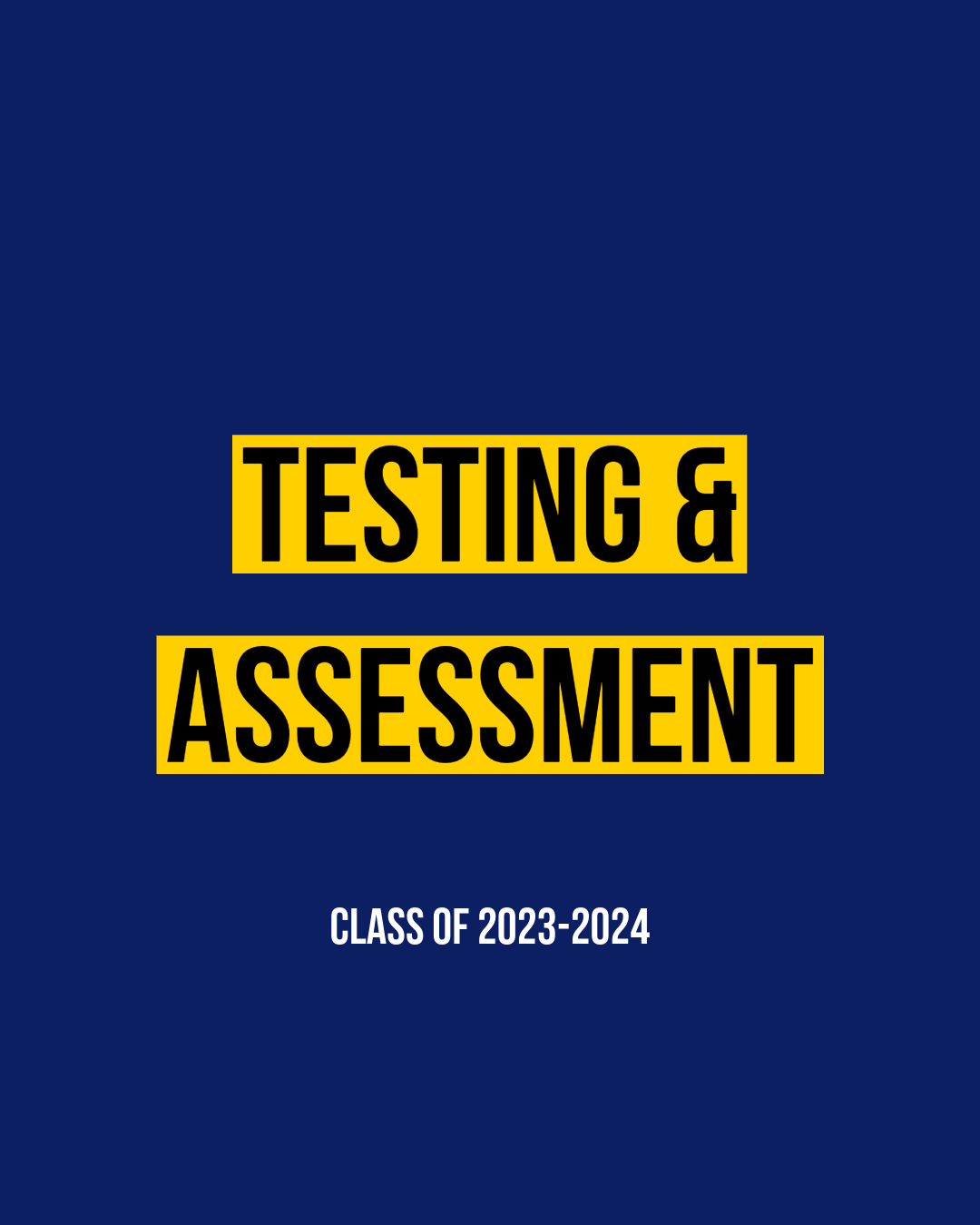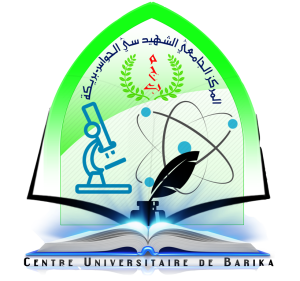- Enseignant: mohammed debabi

The course consists of popularizing the use of electronic devices and platforms in order to minimize costs and efforts of learning at the university.
- Enseignant: Zakaria Mohy Eddine Youcef

- Enseignant: AMINA BOUZIDI

The main aim of this course is to provide the students with a deeper knowledge about the principles of lesson planning in foreign/ English language teaching.
Syllabus:
An introduction to Lesson Planning in ELT.
Aims and Objectives of a Lesson Plan.
Common Frameworks in Lesson Planning (Presentation-Practice-Production "P.P.P.").
Common Frameworks in Lesson Planning (Test-Teach-Test "T.T.T.").
Common Frameworks in Lesson Planning (Engage-Study-Activate "E.S.A.")
Common Frameworks in Lesson Planning (Task-Based Learning "T.B.A.")
Integrating the Four Skills in a Lesson Plan.
- Enseignant: rida sellali

Module: Intercultural Studies
(Online)
Level: Master 02
Summary of the Course:
This course is about exploring the dynamics of intercultural interactions and understanding the complexities of cultural diversity. It delves into various aspects of culture, communication, and social structures to foster a comprehensive grasp of how individuals from different cultural backgrounds perceive and engage with the world.
Learning objectives:
By the end of this course, students will be able to:
1. Develop a comprehensive understanding of intercultural studies, including its scope, purpose, and key principles.
2. Cultivate intercultural competence to navigate and engage effectively in diverse cultural contexts, both personally and professionally.
3. Develop analytical skills to critically evaluate and compare cultural dimensions, frameworks, and their impact on behavior and communication.
4. Acquire practical skills in cross-cultural communication, including language awareness, non-verbal communication, and the application of strategies for successful intercultural interactions.
- Enseignant: djaidja asma

Module: Assessment and Testing
Format: On-site
Level: Mster 2
Summary of the Course:
In this course the learners will have an in depth understanding of the field of testing and assessment in humanities and research in general and ELT specifically.
The Objectives of the Course:
In this semester the students will be able to:
1. Be familiar with the different types of assessment
2. Be familiar with the different types of testing
3. Understand the norms of testing
4. Understand reliability and validity
5. Calculate reliabity and validity
6. Be able to adapt, adopt and make tests.
By: DJARI Walid, MAB
Email: walid.djari@cu-barika.dz
- Enseignant: walid djari

Lecturer & instructor: Dr. Ais
Level: Master II
Objectives
Provide the learner with a deeper knowledge about learning styles within the context of foreign language teaching/ learning
Students are required to understand and learn about the different types of learning styles in relation to foreign language learning/ teaching.
The following is a suggested syllabus for Master two students:Syllabus:
What is meant by “Learning Styles” ?
Visual-Auditory-Kinesthetic (VAK) Model (1920s)
How Can I Assess Someone Without A Questionnaire?
Learning styles according to willing (1987)
The Dunn and Dunn Learning-Style Model
How Do Learning Styles Develop?
Different types of students (Dunn & Dunn Model, 2005)
Impact of Environmental Factors on Learning
Sociological Factors That Influence Learning
Physiological Learning-Style Preferences
Honey and Mumford Classification of learning styles (1986)
How to Use This Model in teaching
Multiple Intelligences Theory – Gardner (1983)
- Enseignant: ais Hamza

Summary of the Subject:
The current course aims to elucidate the essence of quantitative research and its methodologies. It equips students with fundamental techniques essential for conducting this research type in the context of Foreign Language (FL) and English as a Foreign Language (EFL) settings.
Targeted Students:
Master 2 student, Department of English language
Option: Didactics
Teacher:
Khadidja Samira ZITOUNI
Objectives of the course:
- To provide a comprehensive understanding of the basic principles and concepts of quantitative research methods
- To teach students how to design quantitative research studies, including selecting appropriate variables, creating hypotheses, and designing experiments or surveys.
- To familiarize students with various methods of quantitative data collection, and how to construct reliable and valid instruments for data collection.
- To introduce students to statistical analysis tools used in quantitative research, including descriptive statistics, inferential statistics, regression analysis, and data interpretation.
- To enable students to interpret quantitative data accurately, draw meaningful conclusions, and identify patterns and trends within the data.
- Enseignant: Khadidja-Samira ZITOUNI

- Enseignant: AMINA BOUZIDI
- Enseignant: selma barkat
